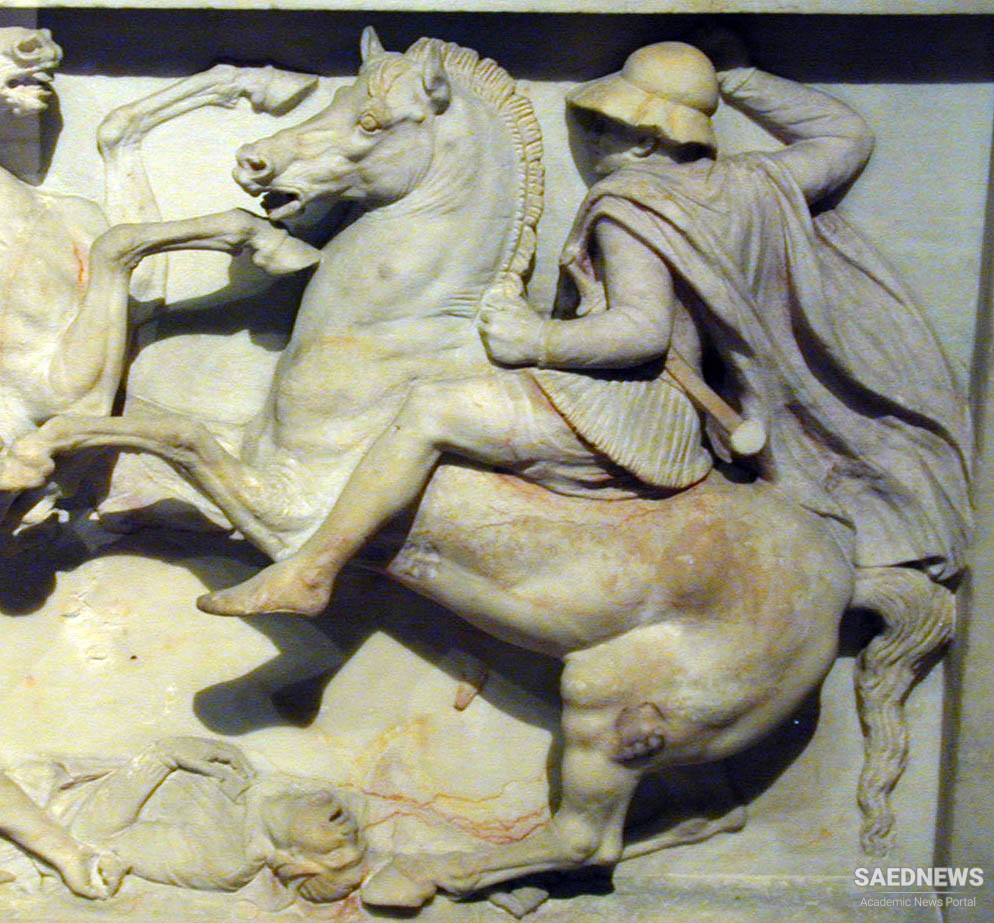After the generals had been seized, and the captains and soldiers who followed them had been killed, the Greeks were very much at a loss: they refl ected that they were at the gates of the King; that many peoples and cities, hostile ones, surrounded them on every side; that no one was going to provide a market for them any longer; that they were no less than ten thousand stadia distant from Greece; that there was no guide to show them the way; that impassable rivers were barriers between them and their way homeward; that they had been betrayed even by the barbarians who had ascended with Cyrus; that they had been left alone without even a single horseman as an ally, so that it was quite clear that even if they were victorious in batt le, they could not [catch and] kill anyone, and if they were defeated, not one of them could escape. Reflecting on all this and being dispirited, few of them tasted food that evening, few lit a fire, many did not go to their arms that night, but each rested wherever he chanced to be, unable to sleep because of their distress and longing for their fatherlands, parents, wives, children, whom they no longer believed they would ever see again. So disposed, then, all were trying to rest.
In the army there was a certain Xenophon, an Athenian, who followed along even though he was neither a general nor a captain nor a soldier; but Proxenus, a guest-friend of his from long ago, had sent for him to come from home. He promised that if he came, he would make him a friend of Cyrus, whom Proxenus himself said he believed to be bett er for himself than his fatherland was. So Xenophon, on reading his letter, took common counsel with Socrates the Athenian about the journey. And Socrates, suspecting that becoming a friend of Cyrus might bring an accusation from the city, because Cyrus had seemed eager in joining the Lacedaemonians in making war against the Athenians, advised Xenophon to go to Delphi and take common counsel with the god about the journey. Xenophon went and asked Apollo to which one of the gods he should sacrifi ce and pray in order to make the journey he had in mind in the noblest and best way and, aft er faring well, to return safely.1 And Apollo indicated to him the gods to whom he needed to sacrifice.
When he came back again, he told the oracular response to Socrates. On hearing it, Socrates blamed him because he did not first ask whether it was more advisable for him to make the journey or to remain, but he himself had judged that he was to go and then inquired how he might go in the noblest way. “However, since you did ask it in this way,” he said, “you must do all that the god bade.”


 Tissaphernes Informs the King of Cyrus's Expedition
Tissaphernes Informs the King of Cyrus's Expedition














































